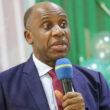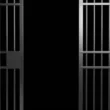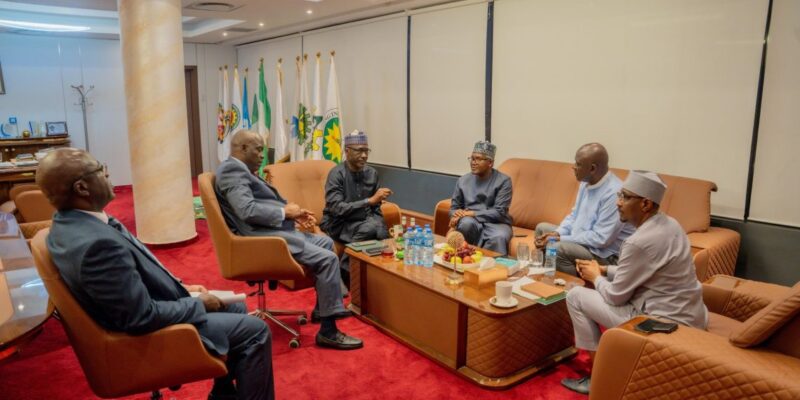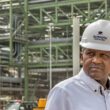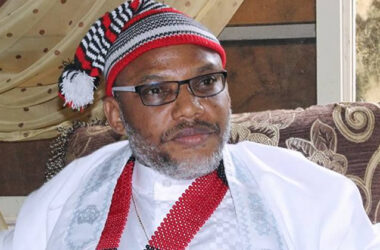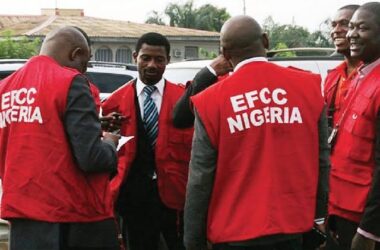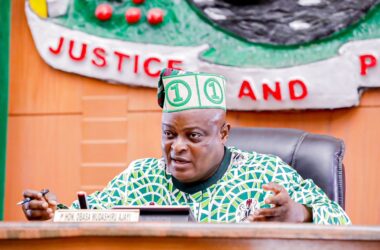The Nigerian government has stepped in to mediate the escalating conflict between Dangote Group and the Nigerian Midstream and Downstream Petroleum Regulatory Authority (NMDPRA) concerning the quality of products from the newly established Dangote oil refinery.
Yesterday, Heineken Lokpobiri, the Minister of State for Petroleum Resources, convened a high-stakes meeting in Abuja. Present were key industry players, including Dangote Group representatives, NMDPRA officials, Nigerian Upstream Petroleum Regulatory Commission (NUPRC) members, and leaders from the Nigerian National Petroleum Company Limited (NNPCL).
The conflict, which has been in the public eye recently, centers on accusations by NMDPRA’s CEO, Farouk Ahmed. He claimed that the Dangote refinery, a $19 billion project producing 650,000 barrels per day, is manufacturing diesel and jet fuel with high sulphur content, lower than the quality of imported products.
Ahmed insisted, “The Dangote refinery is still in the pre-commissioning stage. It has not been licenced yet. They are still in pre-commissioning stage. I think they’re about 45 per cent completed, in completion rather.” He added that Dangote had pressured the regulatory body to halt the importation of diesel and jet fuel, which he found problematic given the refinery’s current output quality.
In contrast, Aliko Dangote, Africa’s richest man, refuted these allegations during a recent facility tour with federal lawmakers. He demonstrated that his refinery’s products had surpassed the quality benchmarks set by the NMDPRA. Dangote argued that his refinery’s diesel had a sulphur content of 87 parts per million (ppm), significantly better than imported products that reportedly had over 1,800ppm.
To back his claims, Dangote conducted on-site tests comparing his refinery’s output with diesel purchased from local filling stations. Despite the initial 600ppm to 650ppm, he noted improvements and forecasted a reduction to 10ppm within the next month.
Minister Lokpobiri’s meeting aimed to address these discrepancies and find a sustainable resolution. According to a statement by ministry spokesperson Amaka Okafor, the dialogue was essential for the optimal performance of Nigeria’s oil and gas sector, crucial for the nation’s economic stability and energy security.
Senate President Godswill Akpabio also weighed in, promising an in-depth investigation into the petroleum sector’s challenges and calling out saboteurs. He emphasized the significance of this issue as one of national security and sovereignty, beyond mere financial concerns. Akpabio urged his committee to conduct a thorough, transparent investigation and propose robust solutions to prevent future disruptions in the sector.
Human Rights Writers Association of Nigeria (HURIWA) has demanded the dismissal of NMDPRA’s CEO, citing a bias towards fuel importation and undermining the Dangote refinery. HURIWA argues that this stance exacerbates the hardship faced by Nigerians due to high fuel costs.



